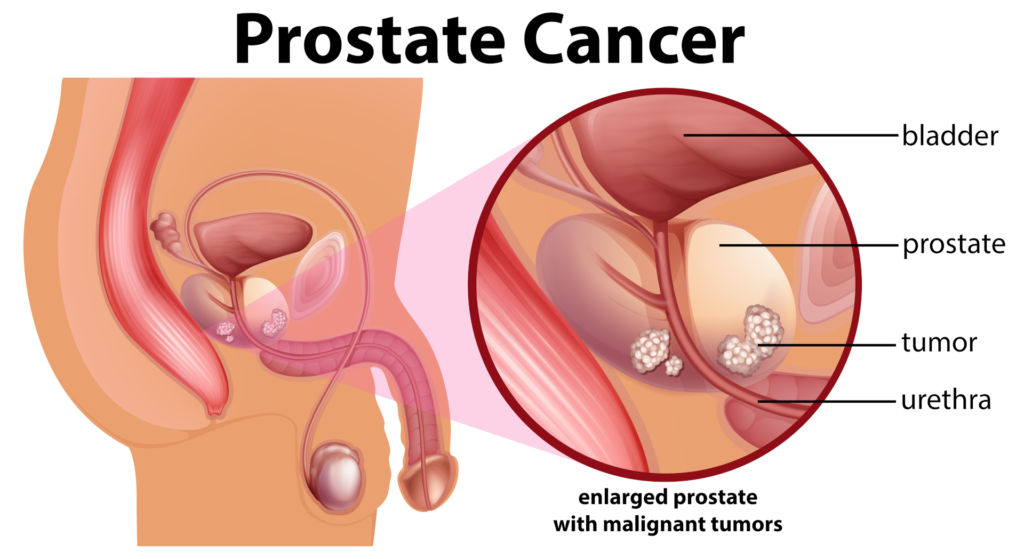
It’s mid-happy hour on a first date, and you’re suddenly hit with the realization that you worked through lunch. Right on cue, your stomach chimes in with its own grumbly greeting to your suitor. No matter how commonly you experience the unexpected hunger growl, it never ceases to feel like the ultimate bodily betrayal, which begs the question: Why does your stomach growl when you’re hungry? Like, c’mon, is it really that necessary? Experts say, unfortunately, yes.
Why does my stomach growl when I’m hungry?
“The growling sound that occurs when we’re hungry is known as borborygmi,” explains Donna Powell, D.O., a double board-certified gastroenterologist and internal medicine doctor with GastroMD. “It is primarily caused by contractions of the muscles in the stomach and intestines, which helps to move food along the digestive tract. When the stomach and intestines are empty, these contractions can generate noise as they propel air, fluid, and small amounts of solid material through the gastrointestinal tract.”
Is stomach growling embarrassing?
Although it’s easier said than believed, Dr. Powell stresses that the occasional gurgle is nothing to be embarrassed about and is “beyond our control.” “Stomach growling is a normal physiological process,” she adds. “It happens to everyone and is simply a sign that your digestive system is working.”
Why does my stomach growl when I’m not hungry?
If your stomach has ever piped up even after you’ve satiated it with lunch, you could be dealing with other GI issues, says Dr. Powell, such as the movement of excessive gas, indigestion or diarrhea, or irritable bowel syndrome (IBS). “People with IBS may experience increased bowel sounds due to abnormal contractions in the intestines,” Dr. Powell adds. A good grumble can also simply mean you just finished a meal and your digestion is getting to work. “As the stomach continues to contract and digest food, you may hear gurgling or rumbling,” Powell says.
How do I stop hunger growls?
As Dr. Powell mentioned, stomach growling is involuntary, so you may not always be able to stop it. However, there are a few things she and Renee M. Marchioni Beery, M.D., a double board-certified gastroenterologist and internal medicine doctor with GastroMD, recommend for at least minimizing the noise:
Eat regular, balanced meals: Keeping your stomach satisfied with regular meals can help reduce hunger-related growling.
Stay hydrated: Drinking enough water can help prevent excessive gas and help with digestion.
Chew your food thoroughly: Properly chewing your food can help with digestion and therefore keep noise at bay.
Avoid carbonated beverages and gas-producing foods: The bubbles and fiber-rich foods like cabbage, beans, and broccoli can contribute to increased gas and stomach sounds.
When to see a doctor about stomach growling
Both Dr. Powell and Dr. Beery say an outspoken tummy is usually no cause for concern. However, there are some cases in which unusual or persistent grumbles may require medical attention. If you experience severe or persistent abdominal pain, frequent diarrhea or changes in bowel habits, uintentional weight loss, bloody stool, or other concerning symptoms alongside stomach noises, they suggest seeing a medical professional.
“These symptoms may indicate an underlying gastrointestinal condition that requires evaluation and treatment,” says Dr. Beery.




